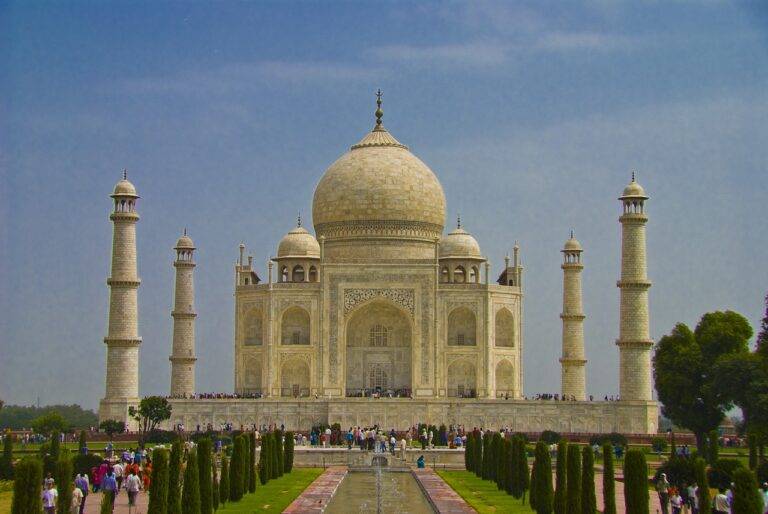Exploring the impact of third-party candidates on election results
Third-party candidates have long been a unique presence in US elections, challenging the dominance of the two major parties and introducing alternative perspectives to voters. While third-party candidates often face significant barriers to entry, such as limited media exposure and lack of access to debates, their presence on the ballot can influence the course of an election. By presenting voters with additional choices outside the traditional party lines, third-party candidates can force the major parties to address previously overlooked issues and adapt their platforms to appeal to a broader range of constituents.
In some cases, third-party candidates have played a pivotal role in shaping election outcomes by acting as “spoilers” and siphoning off crucial votes from one of the major party candidates. This dynamic was particularly evident in the 2000 presidential election, where Ralph Nader’s Green Party candidacy is believed to have drawn votes away from Al Gore in key battleground states, ultimately contributing to George W. Bush’s narrow victory. The strategic decisions of third-party candidates, whether intentional or not, can have far-reaching consequences on the outcome of an election and highlight the potential impact of alternative voices in the political arena.
The historical significance of third-party candidates in US elections
Third-party candidates have played a crucial role in US elections, often influencing the political landscape with their alternative platforms and ideas. While they have rarely won the presidency, third-party candidates have historically challenged the dominance of the two major parties and forced important issues into the national conversation.
Notable third-party candidates in US history include Ross Perot, who ran as an independent in 1992 and 1996, capturing a significant share of the popular vote. Perot’s campaigns brought attention to fiscal responsibility and government reform, pushing the major parties to address these issues in their platforms.
How have third-party candidates influenced election outcomes in US history?
Third-party candidates have played a significant role in shaping election outcomes by introducing new ideas, challenging the two-party system, and attracting voters dissatisfied with the major parties.
Can third-party candidates win presidential elections in the US?
While it is rare for third-party candidates to win presidential elections, they can still have an impact by influencing the policies and platforms of the major parties.
What are some examples of third-party candidates who have made a significant impact in US elections?
Some notable third-party candidates include Ross Perot, who ran as an independent in 1992 and 1996, and Ralph Nader, who ran as the Green Party candidate in 2000.
How do third-party candidates affect the overall political landscape in the US?
Third-party candidates can help bring attention to important issues that may be overlooked by the major parties, and force them to address these concerns in order to attract voters.





